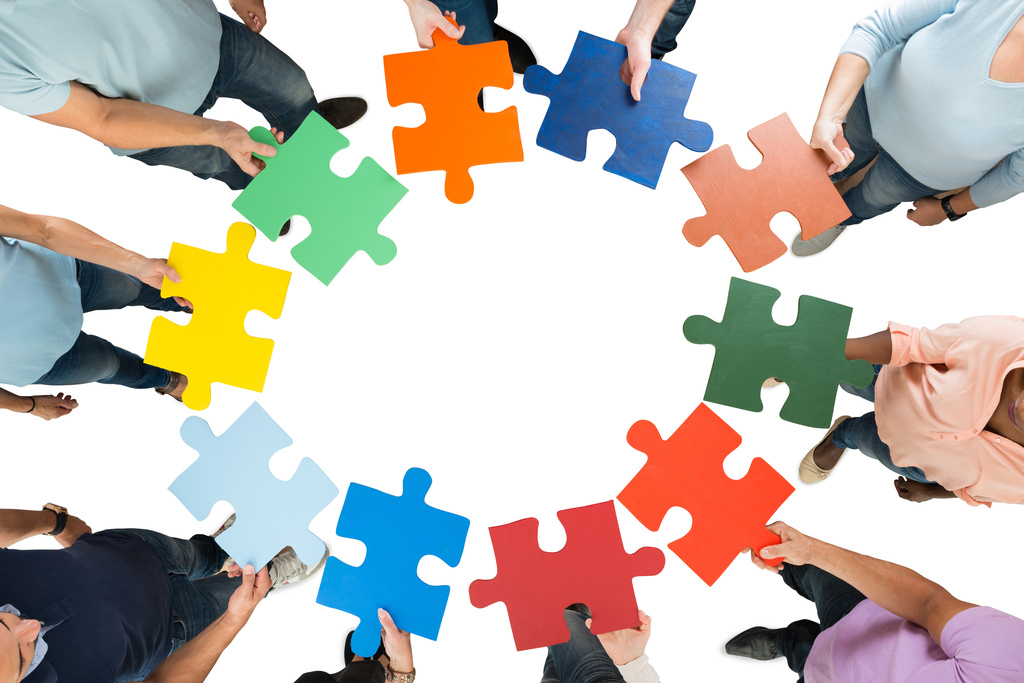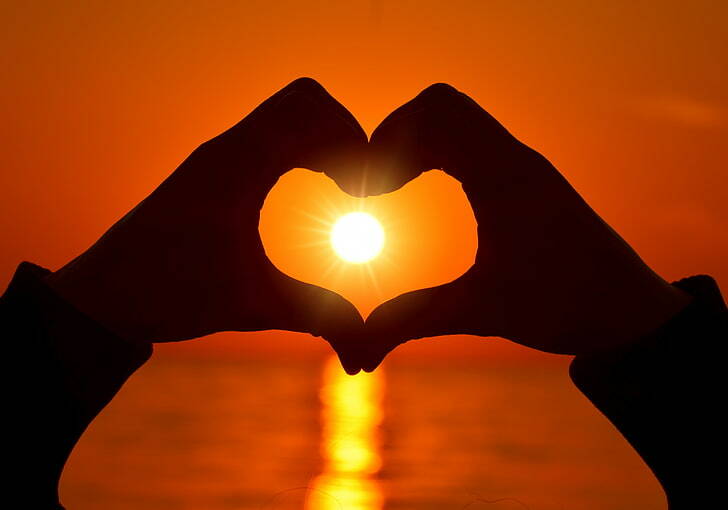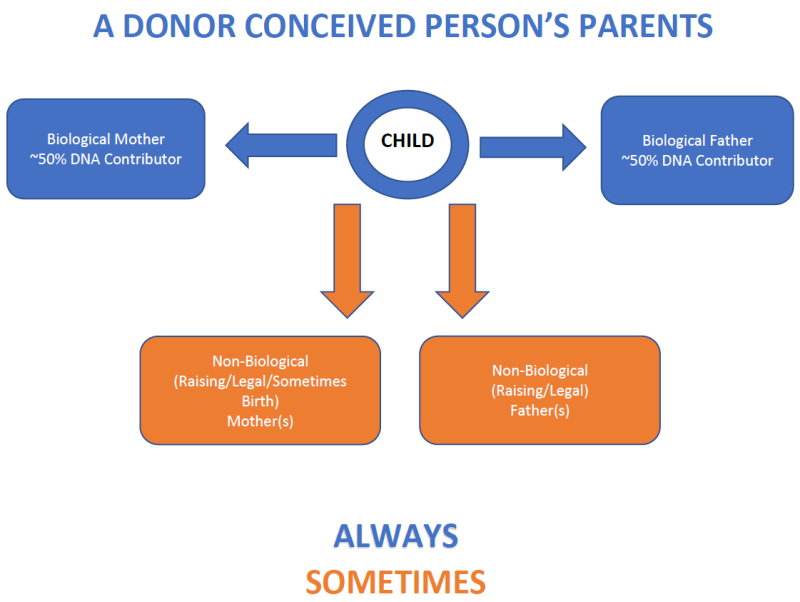
Dozens of egg clinics, agencies, and attorneys have been writing the DSR right into their parent-donor agreements for many years, allowing parents and donors to connect right from pregnancy/birth. The program has been extraordinarily successful. Sperm banks could do the same!
Here's the letter we've sent to many egg clinics/agencies over the years:
Hello!
I’d like to introduce you to the Donor Sibling Registry (DSR), a nonprofit organization founded in 2000 that assists individuals who were conceived as a result of sperm, egg or embryo donation, and who are seeking to make mutually desired contact with others with whom they share genetic ties. In addition, we facilitate contact amongst donors and families who wish to be in touch--sometimes long before the children turn 18. In the past 20 years, we have helped to connect almost 20,000 people, and now have more than 72,000 members in 105 countries.
We’re reaching out to people who facilitate the creation of happy families. We’d like to partner with you. Here’s why:
We’re reaching out to people who facilitate the creation of happy families. We’d like to partner with you. Here’s why:
• As we move toward increased openness as a society, there’s a particularly strong need to stay at the forefront of the trend within the donor industry.
• 2009 published research (Human Reproduction) on egg donors showed that, while 97% of egg donors have never been contacted by their clinic(s) for medical updates, 31% of egg donors felt they, or close family members, had medical/genetic issues that would be important to share with families.
• Registering on the DSR is the only way to stay anonymous while still sharing medical info.
• It can be of equal medical importance to donors that their offspring provide updated medical information, especially as the donors build their own families.
• In the last few years, there has been a desire for earlier contact between donors and recipient families.
• Many families occasionally wish they could ask their donor simple questions, such as, “My son would like to know if you ever played a musical instrument?” or, “Is there any diabetes in your family?”
The DSR can help by providing a valuable service to your clients and your company-- at no cost to you. (It’s a win-win-win!)
"More and more of our recipient and donor pairs hope to sign up for the Donor Sibling Registry. We often have comments about how helpful you are as a facilitator."
~ Andi, Oregon Reproductive Medicine
What Does A Relationship with The DSR Do for Your Agency/Clinic?
• CONTACT: The issue of contact between the donor and the recipient is removed from the hands and focus of the agency/clinic.
• CONSENT: Since the DSR relies on mutual consent; the agency/clinic doesn’t need to be worried about protecting anyone’s privacy.
• CHOICE: Each party can remain anonymous if they choose, so the decision is ultimately in the hands of those involved. Each party can decide how much information they’re comfortable sharing.
• CURRENT: The sharing and updating of medical records happen on the DSR, so the agency/clinic has less work since they have provided a tool for medical updates.
We invite you to set precedent within the egg donation industry. The DSR website has many resources to assist you in becoming a leader in fully educating and supporting families through this exciting process. In addition, I am always available for group consults and am happy to come to your office (or video meet) to help get your team up to speed on educating recipients and donors on connecting through the DSR.
We look forward to working with you!
Sincerely,
Wendy Kramer
Co-Founder and Executive Director, the Donor Sibling Registry
“Thank you for EVERYTHING you do that makes it possible for these connections to be forged. We are proud and honored to work with the DSR!
We’re registering every donor who agrees to undertake semi-known and known cycles and since Dr. D. joined San Diego Fertility Center last year, with all his male/male couples throughout Europe – who all want future contact – our registration numbers will keep growing and growing ”
~Jenna Lake, Egg Donor Program Director at San Diego Fertility Center
"Each year I see more intended parents who want to make sure their child one day ''has the option'' to meet their donor if they wish. As an agency, I am grateful that there is a program like The Donor Sibling Registry that can be an advocate for the child, donor, and intended parents who desire this type of relationship."
~Katy Encalade, Program Director, Egg Donor Solutions
~Katy Encalade, Program Director, Egg Donor Solutions
"Just wanted to send a note to say how much our clinic appreciates this option for our patients. Currently, our office only offers anonymous embryo donation. However, some of our patients would like a more open arrangement. Your site allows patients who trust our office and want to stay with us, to have the best of both worlds. Now they have a place where they can go to control the amount of contact they have with their donor or recipient. It’s the perfect solution for them and we are grateful you offer this option!"
~Christine The Fertility Center, MI
"Thanks for all you do and the education you have given many in this industry. Your passion and your son's passion has been a great push for all of us."
~A Former Egg Donor
While exploring the idea of Egg Donation to build a family there are unknown scenarios that families may encounter. It is simple for both intended parents and egg donors to consider their feelings and needs now but may not fully understand what future questions there might be. The Donor Sibling Registry allows a safe and comfortable way to allow future communication when it becomes apparent it would be beneficial to a parent, the egg donor, or a resulting child. The Registry allows all parties to ask questions, exchange medical information, and possibly meet when the time is right for each. The Donor Sibling Registry allows all individuals to move at their pace and the lifetime membership is a worthwhile investment.
~ Kallie Wilson, MSW, Care Coordinator, Egg Donor Solutions


 Browse by Clinic
Browse by Clinic
 Become a Member
Become a Member

